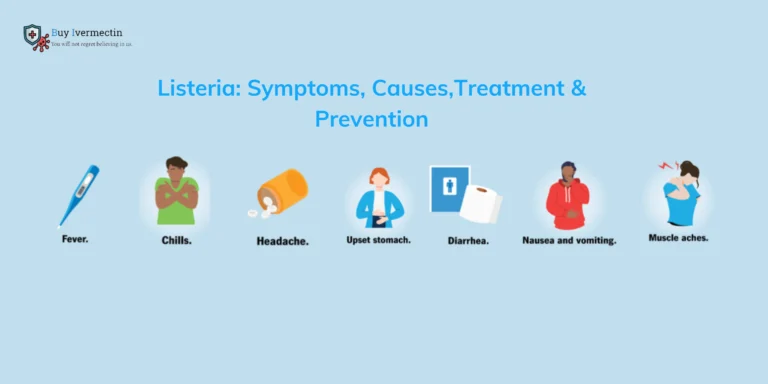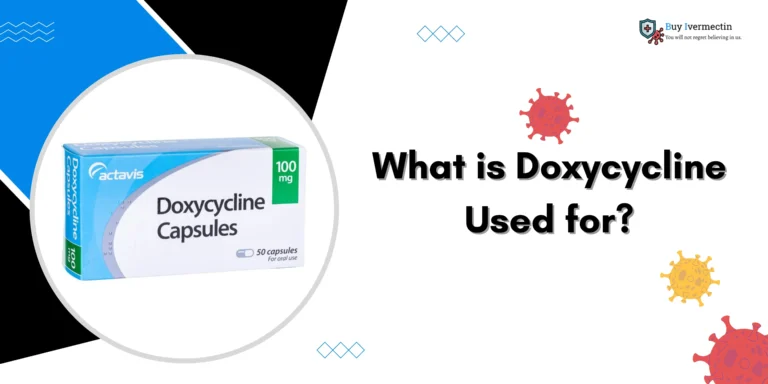Antibiotics have become a cornerstone in modern medicine, offering effective treatment for bacterial infections. However, the accessibility of antibiotics varies from country to country, and even within regions. One question that often arises is whether antibiotics can be obtained over the counter (OTC), without the need for a prescription from a healthcare professional. In this article, we delve into this topic to provide clarity on the availability and usage of antibiotics without a prescription.
Table of Contents
ToggleAntibiotics Available Over the Counter
Before delving into the specifics, let’s understand what it means for a medication to be available over the counter. Over-the-counter medications are those that can be purchased without a prescription directly from a pharmacy or other authorized retailer. While many medications fall into this category, antibiotics typically require a prescription due to their potential for misuse and the development of antibiotic resistance.
However, in some countries and regions, certain antibiotics are available over the counter. This means that individuals can purchase these medications without consulting a healthcare professional. It’s essential to note that the availability of antibiotics without a prescription does not imply their safety for self-diagnosis and treatment. Misuse of antibiotics can lead to adverse effects and contribute to the growing problem of antibiotic resistance.
Commonly Prescribed Antibiotics
Several antibiotics are commonly prescribed to treat a variety of bacterial infections. These medications vary in their mechanisms of action and spectrum of activity. Some of the most frequently prescribed antibiotics include:
- Amoxicillin: A broad-spectrum antibiotic commonly used to treat respiratory, urinary tract, and skin infections.
- Ceftriaxone: Often prescribed for severe bacterial infections such as meningitis, pneumonia, and gonorrhea.
- Levofloxacin: A fluoroquinolone antibiotic used to treat respiratory, urinary tract, and skin infections.
- Metronidazole: Effective against certain bacterial and parasitic infections, including those of the gastrointestinal tract and reproductive system.
- Clindamycin: Used to treat various infections, including skin, respiratory, and soft tissue infections.
- Cephalexin: A first-generation cephalosporin antibiotic commonly used to treat skin and urinary tract infections.
- Doxycycline: A tetracycline antibiotic effective against a wide range of bacterial infections, including acne, respiratory infections, and Lyme disease.
What Antibiotics Are Used For
Antibiotics are used to treat bacterial infections caused by susceptible organisms. Some common illnesses or infections that antibiotics can effectively treat include:
- Respiratory infections such as pneumonia, bronchitis, and sinusitis.
- Urinary tract infections (UTIs) caused by bacteria such as E. coli.
- Skin infections including cellulitis, impetigo, and abscesses.
- Sexually transmitted infections (STIs) such as gonorrhea and chlamydia.
- Dental infections including gum disease and abscessed teeth.
It’s important to note that antibiotics are not effective against viral infections such as the common cold or flu. Misuse of antibiotics for viral infections can contribute to antibiotic resistance and reduce the effectiveness of these medications in treating bacterial infections.
Do I Need a Prescription for Antibiotics?
In most cases, yes, you need a prescription to obtain antibiotics. Healthcare providers, including doctors, nurse practitioners, and physician assistants, prescribe antibiotics based on a careful assessment of the patient’s condition and the likelihood of a bacterial infection. This practice helps ensure that antibiotics are used appropriately and effectively, minimizing the risk of adverse effects and antibiotic resistance.
It’s crucial to follow the healthcare provider’s instructions regarding the use of antibiotics, including the dosage, duration of treatment, and any additional recommendations. Failure to complete the full course of antibiotics or using them inappropriately can lead to treatment failure and contribute to the development of antibiotic-resistant bacteria.
How To Get Antibiotics
To obtain antibiotics, you typically need a prescription from a licensed healthcare provider. This may involve scheduling an appointment with a doctor or visiting an urgent care center or walk-in clinic. During the consultation, the healthcare provider will assess your symptoms, perform any necessary tests or examinations, and determine whether antibiotics are appropriate for your condition.
If antibiotics are prescribed, be sure to follow the provider’s instructions carefully. Take the medication exactly as directed, even if you start to feel better before completing the full course of treatment. Failure to complete the prescribed course of antibiotics can result in incomplete eradication of the infection and increase the risk of antibiotic resistance.
When to Seek Medical Attention
While some antibiotics are available over the counter, it’s essential to seek medical attention if you experience severe or persistent symptoms. Certain infections may require specific antibiotics or additional medical interventions, and self-treatment may not be adequate.
If you experience any of the following symptoms, seek prompt medical attention:
- High fever (above 101°F or 38.3°C)
- Severe pain or discomfort
- Difficulty breathing
- Worsening symptoms despite treatment
- Signs of a severe allergic reaction, such as swelling of the face or difficulty breathing
Additionally, if you have a pre-existing medical condition or are taking other medications, consult your healthcare provider before starting any new medication, including over-the-counter antibiotics.
Conclusion
The accessibility of antibiotics over the counter varies depending on location and regulations. While some antibiotics are available without a prescription, most require a prescription from a licensed healthcare provider. It’s essential to use antibiotics responsibly and only under the guidance of a healthcare professional to ensure effective treatment and minimize the risk of antibiotic resistance.
In conclusion, while antibiotics play a crucial role in treating bacterial infections, their misuse can have serious consequences. By understanding when antibiotics are needed, how to obtain them safely, and when to seek medical attention, we can contribute to effective antibiotic stewardship and help preserve these life-saving medications for future generations.
Frequently Asked Questions
- Can I get antibiotics without seeing a doctor?
- In some cases, certain antibiotics are available over the counter, but it’s essential to use them responsibly and seek medical attention if symptoms persist or worsen.
- What should I do if I think I need antibiotics?
- If you believe you need antibiotics for a bacterial infection, consult a healthcare provider for an evaluation and appropriate treatment.
- Can I use leftover antibiotics from a previous prescription?
- It’s not recommended to use leftover antibiotics without consulting a healthcare provider, as they may not be appropriate for your current condition and could contribute to antibiotic resistance.
- Are there any alternatives to antibiotics for treating infections?
- In some cases, infections may resolve on their own without antibiotics, or non-antibiotic medications may be recommended. Consult a healthcare provider for personalized advice.
- How can I help prevent antibiotic resistance?
- To help prevent antibiotic resistance, use antibiotics only when necessary, complete the full course of treatment as prescribed, and follow healthcare provider recommendations for infection prevention and control.




